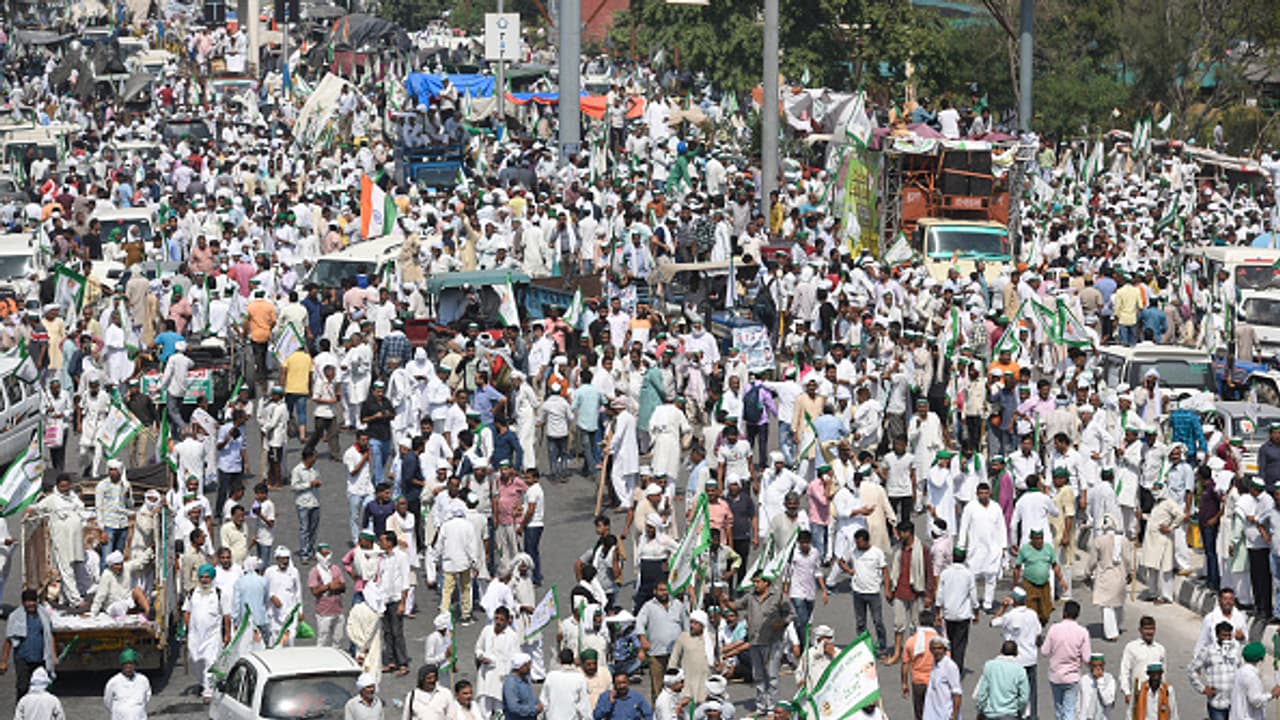The Union Cabinet, chaired by Prime Minister Narendra Modi, in its meeting approved minimum support prices of Rabi crops
New Delhi: The Union cabinet on Wednesday hiked the minimum support price (MSP) of rabi crops for 2018-19 after farmers demanding higher MSP prices and uniformity in loan waivers clashed with police at the Uttar Pradesh-Delhi border a day before.
The cabinet committee on economic affairs (CCEA) meeting chaired by Prime Minister Narendra Modi agreed to hike the MSP of wheat by Rs 105/quintal, masur Rs 225/quintal, safflower by Rs 845/quintal, and gram by Rs 220/quintal. The MSP is the price at which the government buys crops from the farmers.
Law minister Ravi Shankar Prasad told reporters after the meeting that the decision will help farmers earn an additional income of Rs 62,635 crore.
“It will give an additional return to the farmers of Rs 62,635 crore by way of increasing MSP of notified crops to at least 50% over the cost of production and will aid in doubling farmers’ income,” the cabinet said in a statement.
The MSP of barley has been increased by Rs 30 per quintal to Rs 1,440 per quintal, masur's MSP has been raised by Rs 225 to Rs 4,475 per quintal. The support price of rapeseed/mustard has been hiked by Rs 200 to Rs 4,200 per quintal.
The support price has been increased based on the recommendations of farm advisory body commission for agricultural costs and prices (CACP), which comes under the ministry of agriculture. Every year, CACP determines MSP for some 25 agriculture commodities ahead of the kharif and rabi seasons.
The central and state procurement agencies like Food Corporation of India and National Agricultural Cooperative Marketing Federation of India Ltd would continue to provide price support to farmers for the rabi crops.
On Tuesday, farmers from several states, including poll-bound Rajasthan and Madhya Pradesh, were stopped by the police from completing the final leg of a ten-day Kisan Kranti Yatra by crossing the Uttar Pradesh border into Delhi.
They were demanding lifting the National Green Tribunal ban on 10-year-old tractors, uniform and complete procurement of crops, uniformity in loan waivers across the country, equal electricity tariff, a farmer-friendly insurance scheme, equal pension to both farmers and agricultural labourers and goods and sevices tax levied on farm equipment.
The government has accepted seven of the demands, following which the protest concluded at Kisan Ghat.
